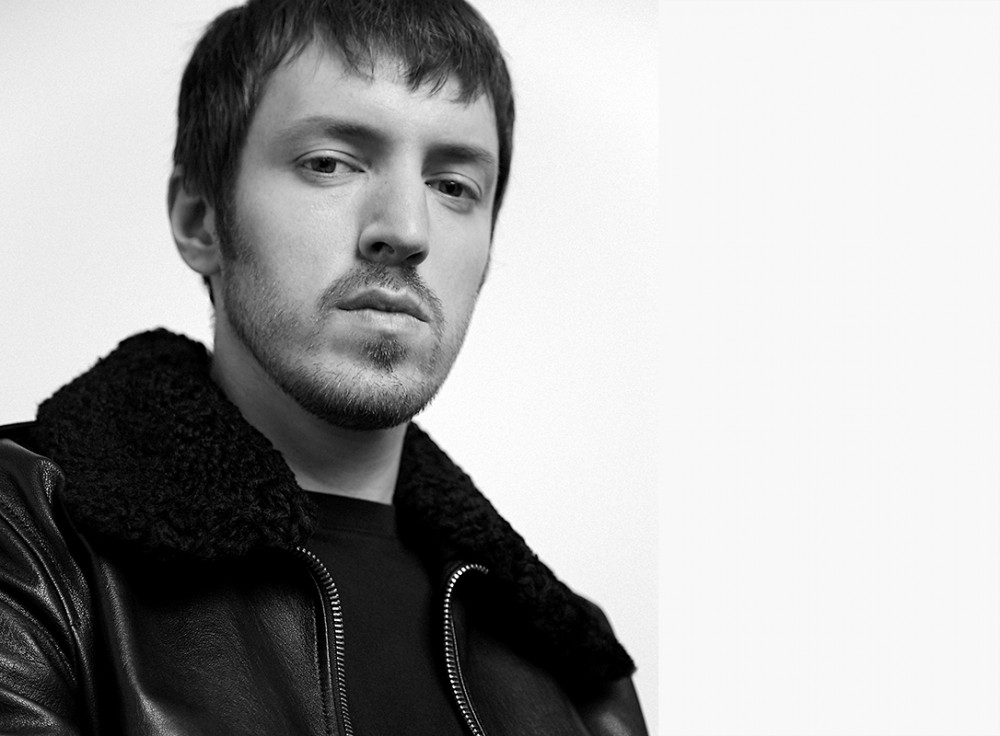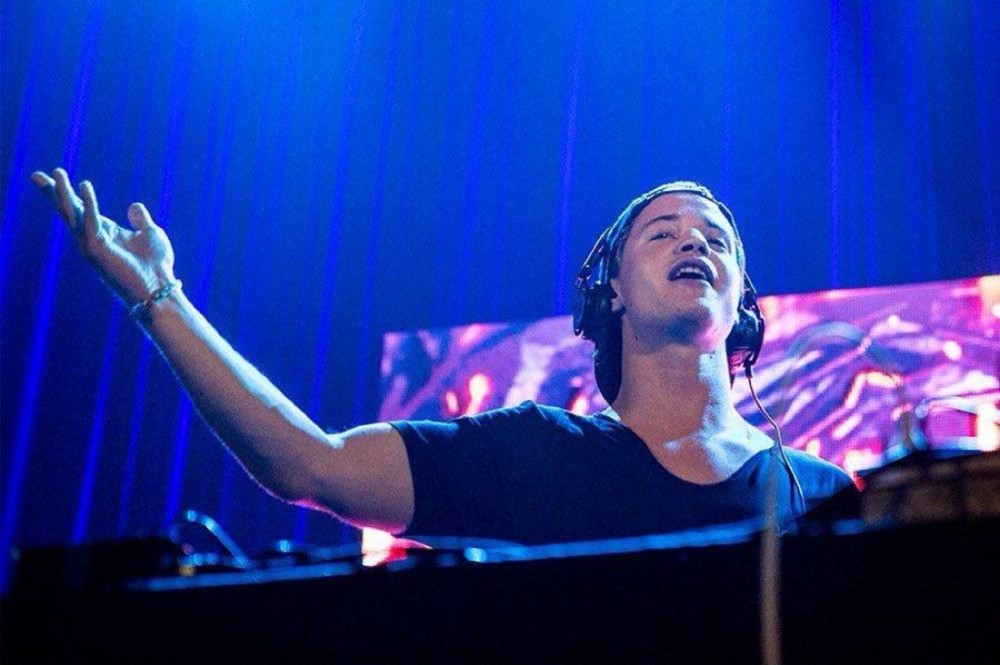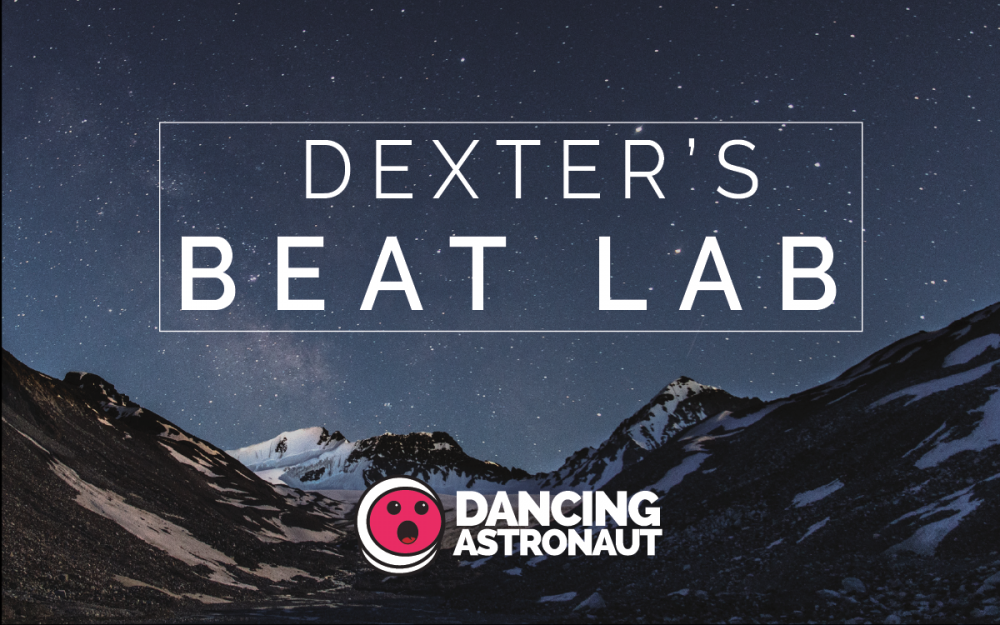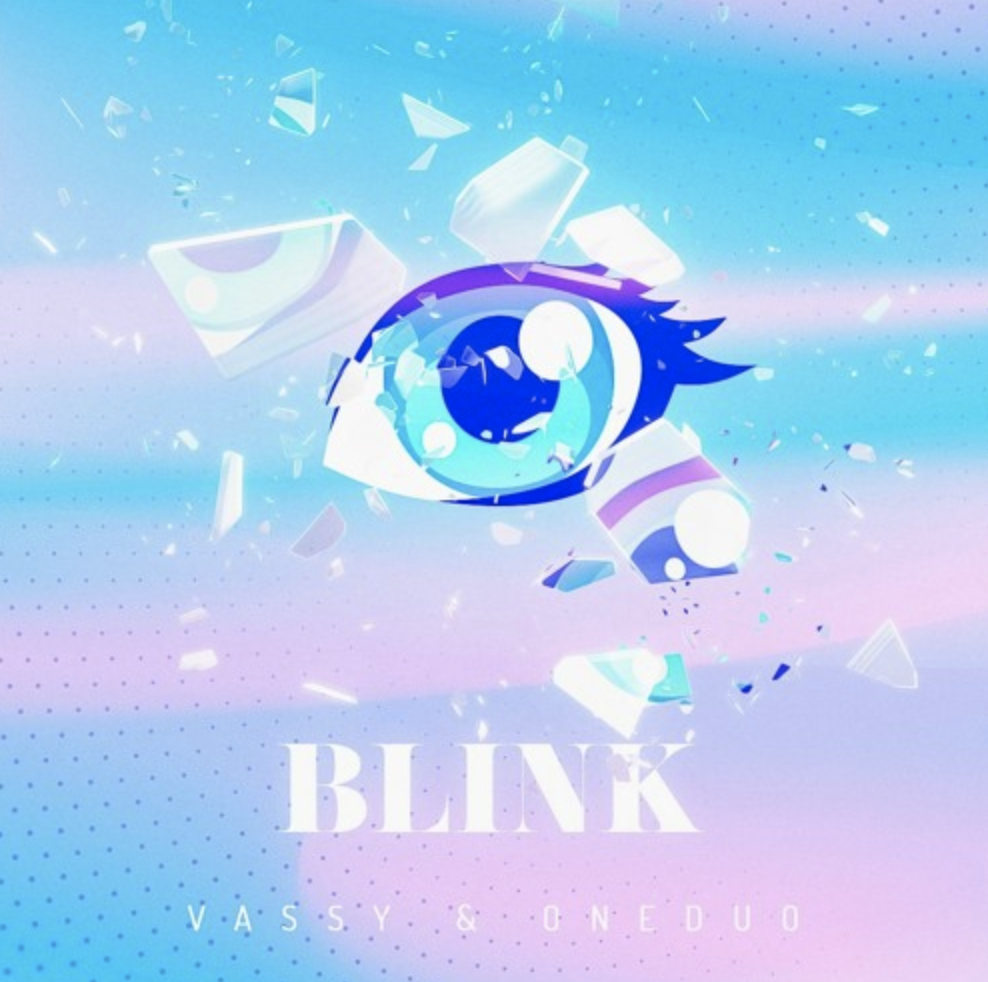
Exclusive: SebastiAn talks new album, movie scores, and keeping the process fresh – EDM All Day
With dance music being such a flavor-of-the-week industry, it’s normal to hear an artist update his or her sound a few times over the course of just a single calendar year. A steady release schedule allows them to stay up with the trends and, more importantly, keep their names fresh in the minds of listeners. Not the case for Ed Banger‘s homegrown SebastiAn.
For the past eight years, he took a considerable hiatus from releases to hone his craft elsewhere. While the gap in his discography has left fans thirsty, the industry attention and resulting production gigs that the French producer (real name Sébastien Akchoté) has picked up in the meantime marks him as one of the most diversely qualified studio producers in the game.
Accordingly, SebastiAn’s sophomore album, Thirst, is served as a delectable tapas of the flavors that Akchoté has incorporated into his palate since we last heard from him. French electronic releases are often defined by their lineage and development upon the scene’s nostalgic sounds of yesteryear. But Thirst acts instead as a testament to the eclectic evolution possible when growth and expression remain an artistic priority. The album enlists a squad of A-list collaborators (including Gallant, Mayer Hawthorne and Charlotte Gainsbourg) and grabs inspiration not just from a range of genres, but a myriad of media types offering a new perspective on the wide, menacing sonic DNA that SebastiAn is known for.
We caught up with the SebastiAn to talk artistic evolution, creating personal challenges, movie scores and more. Checkout our interview below and to ask SebastiAn your own questions, keep an eye out for his AMA on 12/10.
DA: It’s been eight years since your last album, what can those who are new to SebastiAn expect from Thirst?
If I can be quite literal, I’d say it’s emotional but also challenging at the same time. It’s always difficult to put the music into words but it’s about representing hate and love in music. It’s not like if hate is on one side and love is on another side, but I wanted to express hate and love as one thing in my music.
Total was distinctly French-electro, whereas in terms of genre Thirst is more music without boundaries. How important is it to break away from the confines of a specific genre as an artist?
It’s important but it depends on the artist. Even some artists who I love have styles who’ve never changed, not over 20 or 30 years and I still love their songs. I don’t like to repeat myself in music too much, so the thing was trying to reinvent not by changing the DNA of what I’m doing but by finding another language to express, to create, and express the same intensity. It’s quite important not to be bored and search for new songs.
For example, when I did Total, all of my friends, like Justice or people from Ed Banger had already created sounds that, even years after, became not normal but more common, so it wasn’t the thing for me to come back to. If people still like those kinds of songs, they’re already everywhere, so I wanted to try something new.
I guess that also keeps your job as a professional musician fresh.
In a way, I don’t know if it’s French tradition, but in electro music, like with Justice and Daft Punk, we’re always trying to find something new on the next album.
People always have certain expectations for new releases for their favorite artists, particularly with Daft Punk, but it usually just takes some time for them to adapt to a new sound...
What’s funny with Daft Punk is when they release something new, everybody is disappointed because it’s not like before, then eight months later it’s seen as the norm. I was searching for something new. A new way to produce, a new process, or something that I’ve never done before. It was more like a personal thing, not one where I wanted to reflect recent music that I’ve heard.
A change in style is always most interesting when it’s done for personal reasons, rather than following trends.
You just have to do your thing and let people say whether they like it or not.
On the point of doing something new and challenging, tell me about the title track of Thirst...
It’s so common for music’s aggressiveness to come from the beat or something that can really punch. My thing with Thirst was trying to transcribe something hard without any hard elements, it’s more a representation of being punched for real. It’s the difference between having something really shocking in a painting or a representation of the violence in another way. I want to see if people feel the same.
Well it really does punch. Without the beat driving it, it almost takes on the feel of an early monster movie.
Yeah, you got it! I wasn’t so much into soundtracks as I was how they represent the contents of a movie.
In that case, what would be your dream film to score?
Oh, I’d like to do something unexpected. I was quite impressed with the work of Jonny Greenwood on There Will Be Blood, but for me… not a David Lynch movie because it’s not something I’d be much help for, maybe a big movie like Interstellar or The Arrival would be really fun. I think I prefer The Arrival strangely.
Seems like it all comes back to the idea of a challenge.
It’s funny, I’m fascinated by soundtracks and cinema but when I sit down to write music I have no images in my head. For me when I’m working the music is purely just something emotional. Mr. Oizo always has some visuals in his head because he’s a moviemaker. Justice always has some ideas or pictures in their head, but I have nothing. Nothing at all, which makes it funny when I hear that people hear my music as being cinematic.
You’ve worked with the visual aid before though, like your score for Mr. Oizo’s film Steak. How’s that creative process?
It can be easier for me because they give me the pieces that I don’t have. This is something that I love to do because it seems like you’re going to be confined by what’s seen on screen, but at the same time soundtracks are maybe a more freeing part of the music. You’re obliged to represent something, but the style that you approach it with is the most freeing thing ever. There are no boundaries, there are no lines, you just have to find something new.
That sort of reminds me of the monologue from Daft Punk’s “Giorgio by Moroder.”
There are new ideas coming from movies where you’re strangely more free when doing these things. I don’t know why, maybe it comes from the images, but it’s like the more restricted you are the more you are obliged to find new ways to do something.
How about your live shows? They’re known to be a bit more maximal than the sounds on your new album, are you doing anything new there?
To me, live shows are where you can liberate yourself into something hard. It’s not possible to play quietly during a live show. It’s almost something sociological for me. Sometimes people have a bad week, or they’re working a lot, and they come to a concert and want to explore or lose themselves and I really like to give them something strong.
And last, almost more of a personal question, it’s been 11 years since the first SebastiAn remix album. When can we expect another?
As soon as possible! I haven’t had time since I was producing my album, but now I’m going to get back to making a lot of remixes. I love the fact that you get a song and it’s possible to release it very quickly, versus the long slow process of an album or what. That’s why I started with remixes, because it was possible to have an idea in the day, give it back to the artist and having it out in a month.
This interview has been edited for both readability and clarity purposes.


